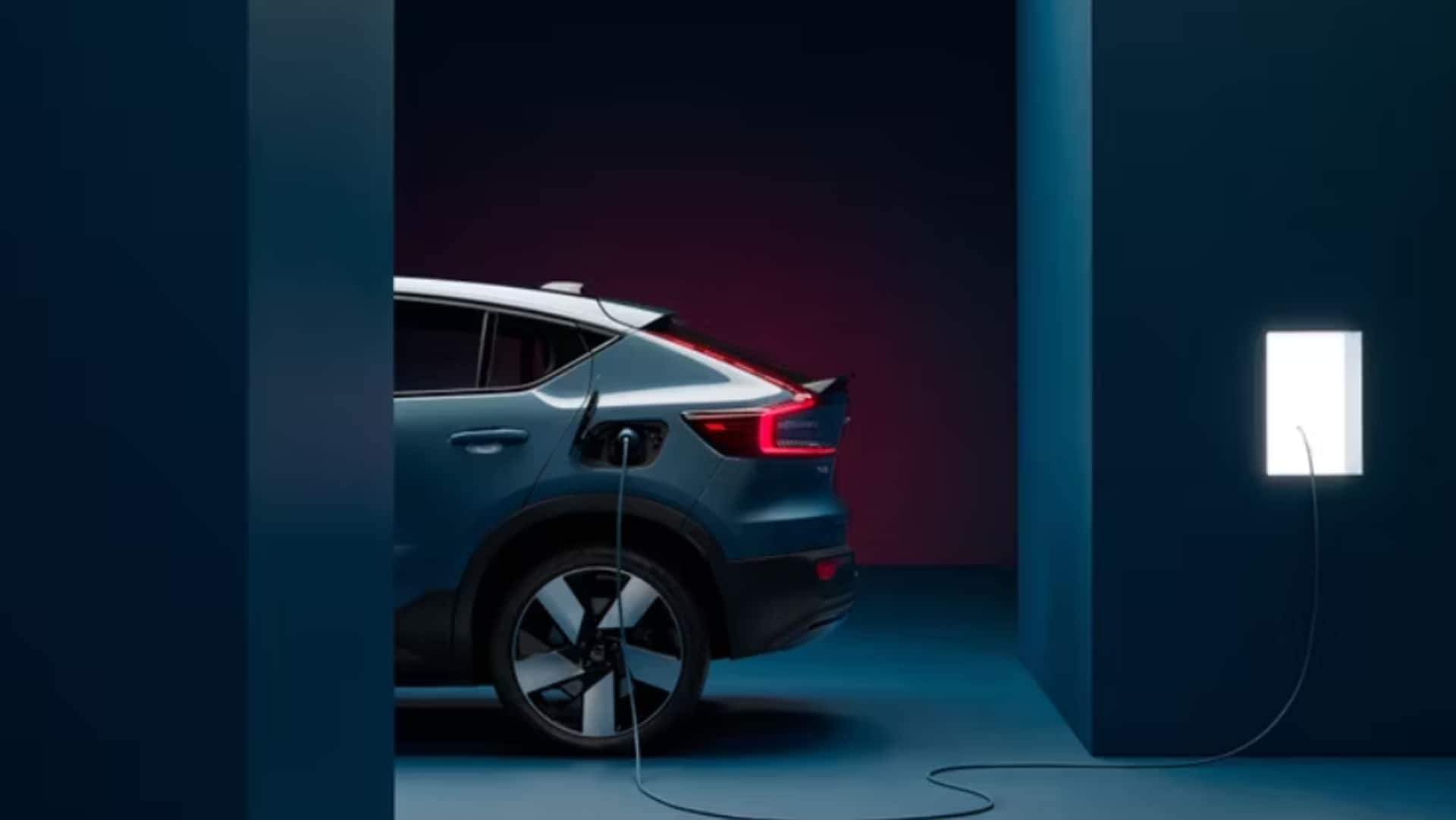
Why do EV makers reveal only 10-80% battery charging time
What's the story
Electric mobility solutions have been rapidly evolving in recent years. From energy-dense battery packs to fast charging capabilities, automakers are pushing the boundaries. However, most EV makers around the world disclose only the 10-80% fast charging time for their products. While these parameters are as per the industry's standard, most of us are unaware of the reason behind this practice.
Context
Why does this story matter?
With EVs becoming mainstream across the globe, people are slowly being made aware of various technical terms and standards used in the automotive and electrical industries. One of the most important standards related to batteries is the 80% fast charging rule set by the National Electric Code (NEC). Here's decoding the NEC's 80% rule and why you, as an EV owner, should follow it.
Rule
The rule is set to avoid overloading of electrical circuit
As per NEC's 80% rule for EV charging, an electrical circuit should not be continuously loaded to more than 80% of its maximum rated capacity. This is done to reduce the risk of wear and tear on the circuit components and to avoid the risk of fire as well. If the threshold is breached, it would stress and overheat the wiring.
Information
Lithium-ion batteries cannot tolerate high voltages for an extended duration
Most EVs use Lithium-ion battery packs to store electrical energy. Lithium-ion batteries cannot tolerate high voltages for an extended duration. To reduce excessive battery degradation, battery management systems (BMS) are programmed to restrict fast charging below 10% and above 80%.
Other factors
Other factors that affect how fast your EV charges
Lithium-ion batteries are affected by weather conditions too. Cold battery packs require a longer time to charge when compared to a warmer unit. Also, the charge level of the battery plays a role, as automakers design batteries for maximum longevity. Hence, it takes about the same amount of time for a battery to charge from 80-100% as it does from 10-80%.
Information
Slow charging is the best way to preserve battery health
Experts recommend it is best for the battery health to only use fast chargers occasionally, as the battery internals require stabilizing after a rapid charge. Hence, slow charging at home is considered the best way to keep your battery health at optimal levels.